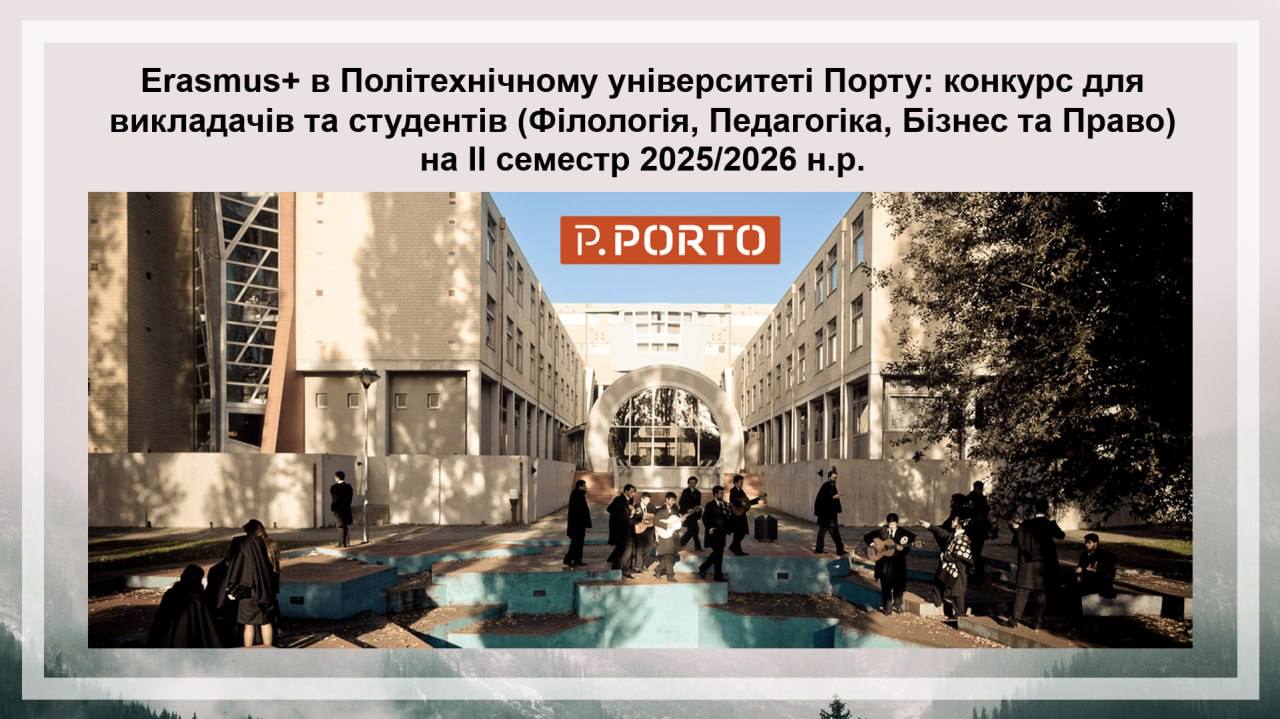With the beginning of a new academic semester, Germanic Philology and Translation Department of National University "Yuri Kondratyuk Poltava Polytechnic” started a series of scientific meetings dedicated to the issues of the world's original and translated literature, literature studies and aspects of literary translation. One of the online meetings was held to support the online challenge founded by the University of Glasgow on the occasion of famous Scottish poet Robert Burns’ birthday.
Philology students headed by Doctor of Philology, Professor of Germanic Philology and Translation Department Tetiana Kushnirova and PhD in Philology, Associate Professor of Germanic Philology and Translation Department Anna Pavelieva prepared a literature party dedicated to the works of the national hero of Scotland, poet, folklore collector, author of many poems Robert Burns.
In particular, third-year students of Faculty of Humanities Kateryna Hlushko, Veronika Korenchenko and Viktoriia Popova declaimed his most popular poetries in different languages, and fourth-year student Anna Boiko played a song with the poet’s piece “My Heart's in the Highlands” on the guitar.
Student of group 102HF Yelyzaveta Shapoval painted Robert Burns’ portrait, and Maryna Korniienko offered the fans of his works to play a Kahoot game, in which everyone could check their knowledge. The works of the famous Scottish bard were creatively presented in videos by groups 101HF and 102HF of Faculty of Humanities of National University "Yuri Kondratyuk Poltava Polytechnic".
A national survey held by a Scottish TV-channel STV in 2009 showed that the Scots chose poet Robert Burns to be the greatest Scot of all times, leaving William Wallace and Walter Scott far behind. The works of the Romanticism pioneer became a source of inspiration for the next generations, a cultural symbol of Scotland, and the celebration of important dates connected to it became an important part of the Scottish culture in the 19th-21st centuries.
“Robert Burns’ style is known for its frankness, straightforwardness and sincerity common to his love poems, folklore ballads, lyrical pieces, and of course humor (Tom o’ Shante) and satire (Holy Willie’s Prayer and The Holy Fair). His poetry is full of allusions to the Bible, the classical English and European literature, the pieces of Scottish bards. Burns was a supporter of the French Revolution and was not afraid to express his radical, anticlerical and patriotic views while writing about the class inequality, the gender roles in the society, the Scottish church and national identity, the fight for freedom, about poverty and love, and Scottish peculiarities, such as traditional dances, songs and music, customs and traditions, Scottish whiskey and so on. The National Bard put into his poetry everything that was important for people of different generations and in different countries, so his works were translated into many languages and is still relevant and popular today,” Doctor of Philology, Professor of Germanic Philology and Translation Department at National University "Yuri Kondratyuk Poltava Polytechnic” Tetiana Kushnirova said.
According to Associate Professor of Germanic Philology and Translation Department, PhD Anna Pavelieva, Robert Burns is considered as the forerunner of romanticism on the British Isles, and his literary works and edits of traditional songs had a great influence on many other Scottish and British writers.
“The poet loved his homeland with all his heart, and believed it his duty to preserve its cultural peculiarities. Thanks to his fruitful work with folklore, collecting and writing down the Scottish national songs, poetries and ballads all over the country, the oral folklore pieces of Scotland was preserved to this day, and many poetries edited by the poet were turned into songs and gained popularity this way. Many of them are performed even now during national holidays and traditional festivals.
Today, Robert Burns is called a national hero in Scotland, and his birthday - January, 25 - became a state holiday celebrated in every Scottish family and got titled Burns Night or Burns Supper. The holiday has been celebrated outside Scotland for many years as well; the poet’s fans and Scots all over the world gather together, cook the traditional dishes and declaim Robert Burns’ poetry. That is why we with Tetiana Kushnirova and philology students decided to join and celebrate the poet’s birthday in a new way,” the scientist commented.
The information about the event dedicated to Robert Burns’ works that the students and teachers of Poltava Polytechnic held was submitted to the information department of University of Glasgow in order for it to be added to the interactive map of Burns Night all over the world. You can see the interactive map here: https://burnsc21.glasgow.ac.uk/supper-map/









Media Center of
National University “Yuri Kondratyuk Poltava Polytechnic”



